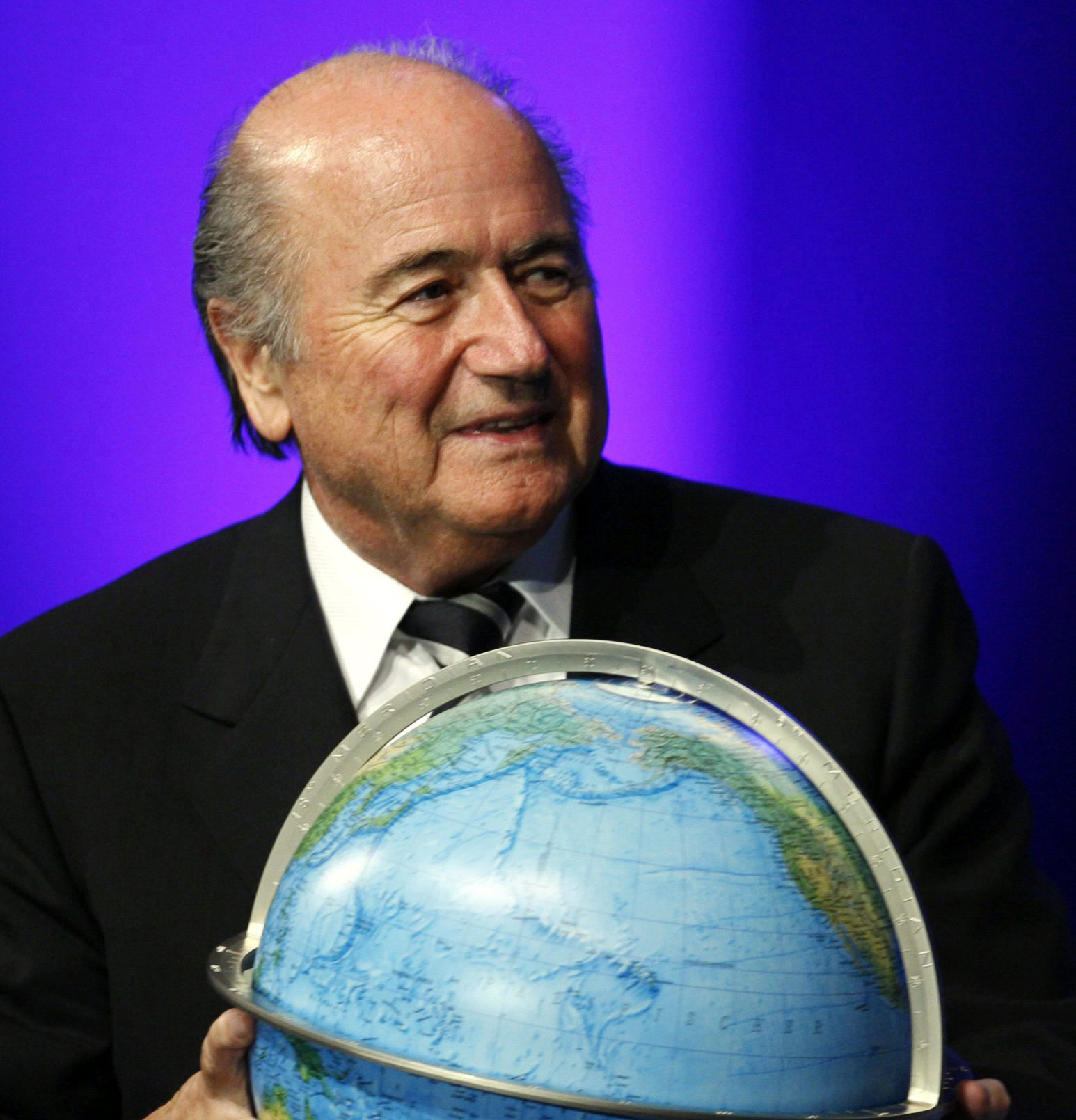Blatter’s 17-year rule in soccer marked by growth, scandal
Sepp Blatter governed the biggest sport on Earth for nearly two decades, for years untouched personally by allegations of corruption, but never sharing the game’s popularity. After 17 years in charge and bringing the game’s marquee events to new heights, the pressure became too much. The world’s largest soccer nations were in open rebellion and discussing an alternate tournament to the World Cup. Sponsors from the world’s most-popular soft drink to best-selling video game questioned their ties to FIFA. At a hastily arranged announcement Tuesday, Blatter said he plans to resign and admitted he had lost too much support to remain in office. But even on his way out, he didn’t take responsibility for the problems under his watch. He declared he was now free from constraints and could clean up the game the way he has wanted to, seemingly tone deaf to the idea that that might sound insincere.
Perhaps you think I am a ruthless parasite sucking the lifeblood out of the world and out of football — the godfather of the FIFA gravy train.
Sepp Blatter
As FIFA thrived through allegations of bribery, vote-buying and World Cup ticket scams, the 79-year-old Blatter built a base of support by bolstering the sport in developing countries and brought the first World Cup to Africa. FIFA’s revenue was about $560 million in 1998 when Blatter took over and $5.7 billion last year, boosted by huge increases in media and marketing rights sales. FIFA had 137 members in 1970 and 190 when Blatter succeeded Joao Havelange, and 19 have been added — for the most part small nations that lack economic might and soccer pedigree. Blatter used the revenue to build soccer in underdeveloped parts of the world — and boost support for himself. FIFA’s website says the organization has given nearly $11.9 billion in financial assistance, and has helped fund 698 projects under its Goal Programme and 3,844 technical activities.

Sports sepp blatter